Optimal Timing for Waterproofing Applications
Proper timing is essential for effective waterproofing applications. The optimal period depends on weather conditions, temperature, and moisture levels to ensure adhesion and durability. Typically, dry and mild weather conditions promote the best results.
Spring offers moderate temperatures and less rain, making it suitable for waterproofing projects. It allows adequate curing time before summer heat.
Summer provides warm weather, but excessive heat and humidity can affect application quality. Proper planning is needed to avoid high temperatures.
Fall is ideal due to cooler temperatures and lower humidity, which support effective application and curing.
Winter is generally unsuitable due to freezing temperatures and increased moisture, which hinder proper adhesion and curing.
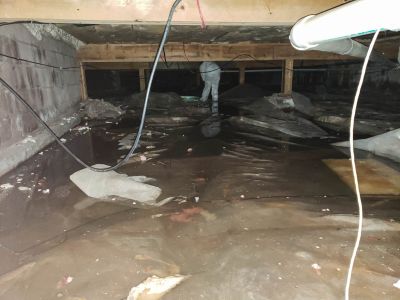
Ways to make Waterproofings work in tight or awkward layouts.
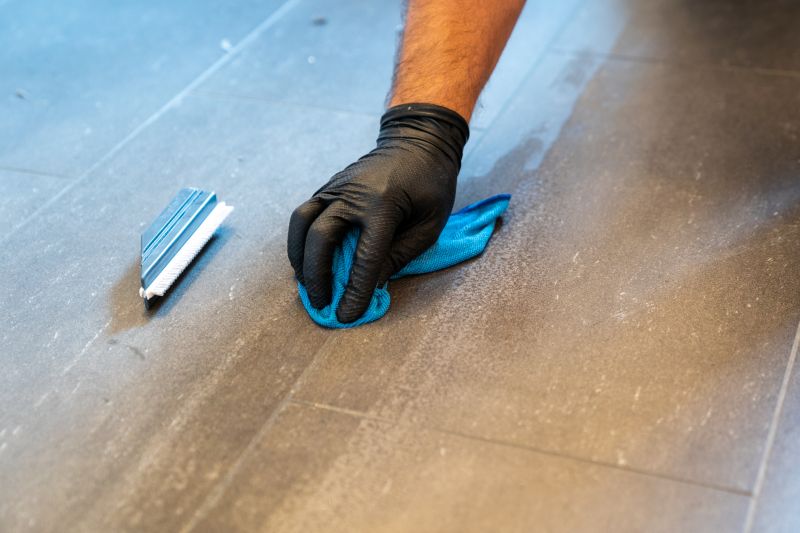
Popular materials for Waterproofings and why they hold up over time.
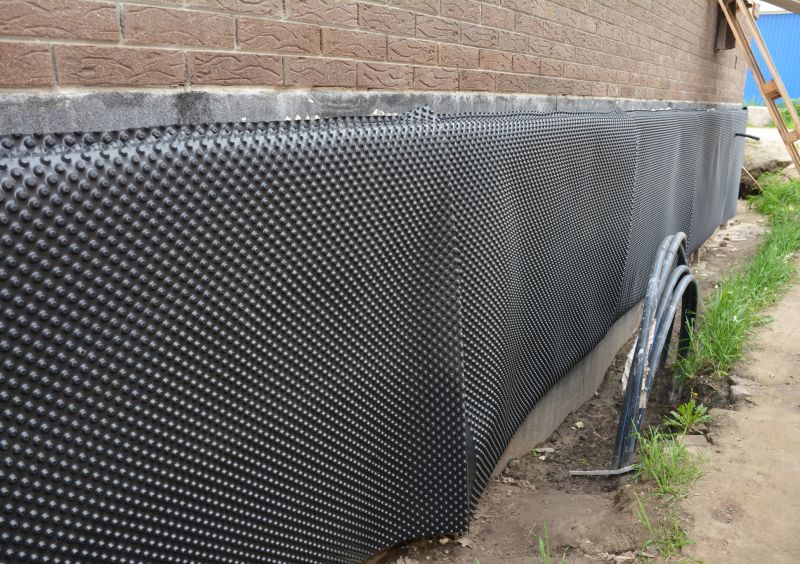
Simple add-ons that improve Waterproofings without blowing the budget.
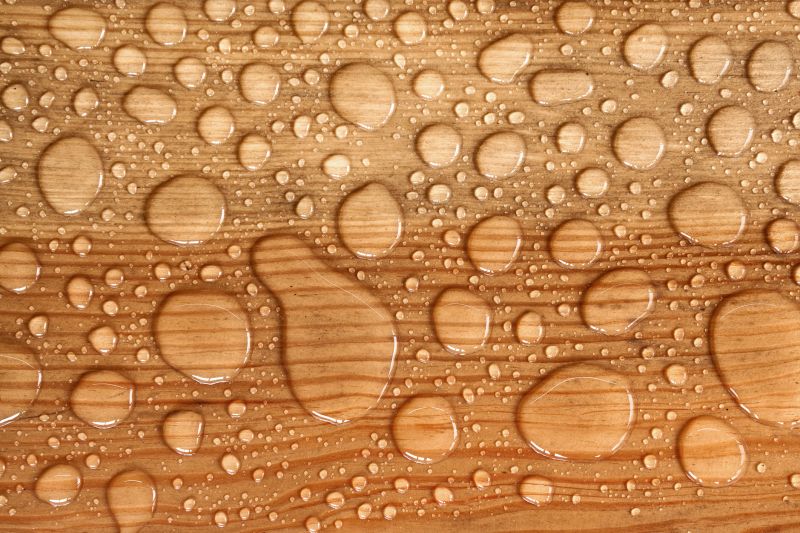
High-end options that actually feel worth it for Waterproofings.
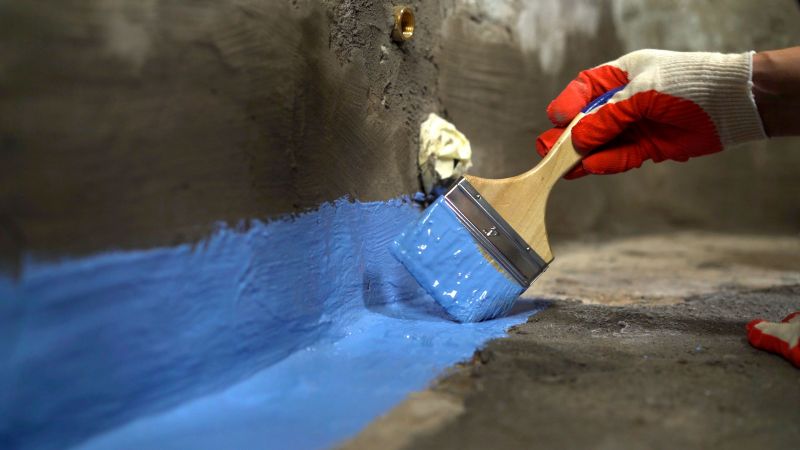
Finishes and colors that play nicely with Waterproofings.
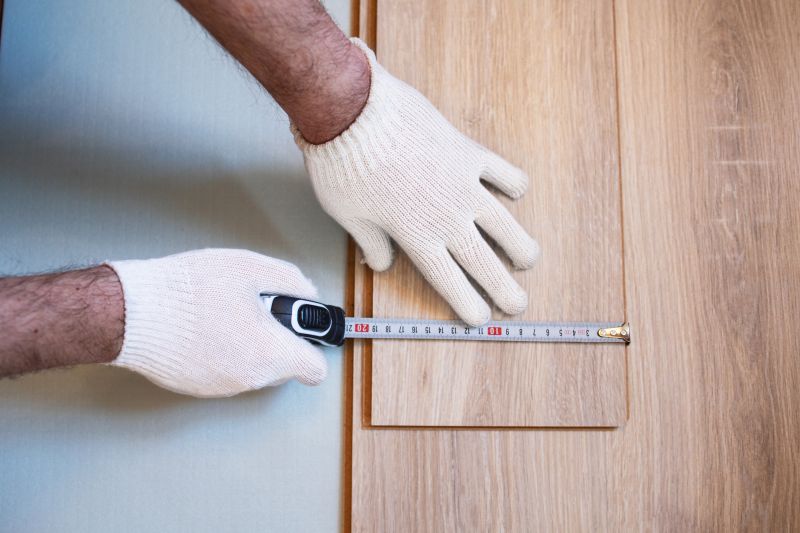
Little measurements that prevent headaches on Waterproofings day.
Waterproofing involves applying protective barriers to prevent water intrusion in structures. It is crucial for maintaining the integrity of foundations, roofs, and other surfaces exposed to moisture. Proper waterproofing can extend the lifespan of a building and reduce repair costs. The effectiveness of waterproofing depends on the selection of appropriate materials, surface preparation, and environmental conditions during application.
Statistics indicate that waterproofing failures are responsible for a significant percentage of structural damages annually. Proper timing and application can minimize risks associated with water infiltration, mold growth, and structural weakening. Understanding seasonal conditions helps in planning waterproofing projects to maximize durability and performance.
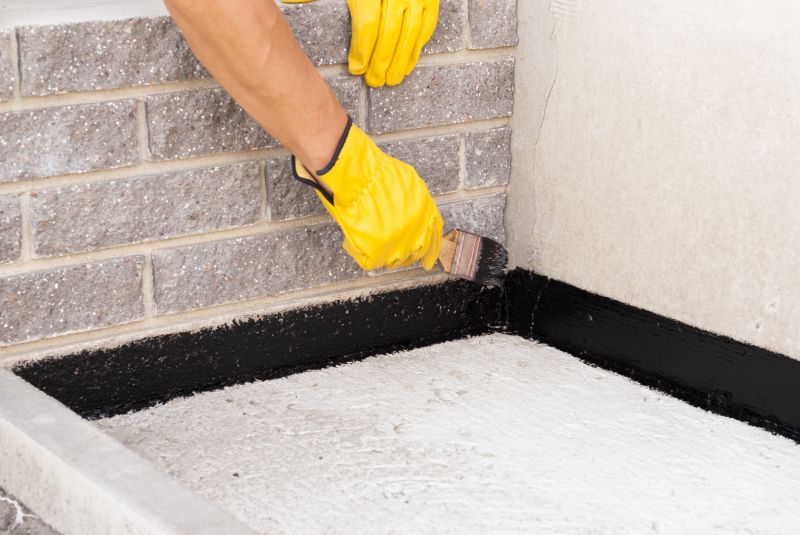
A 60-second routine that keeps Waterproofings looking new.
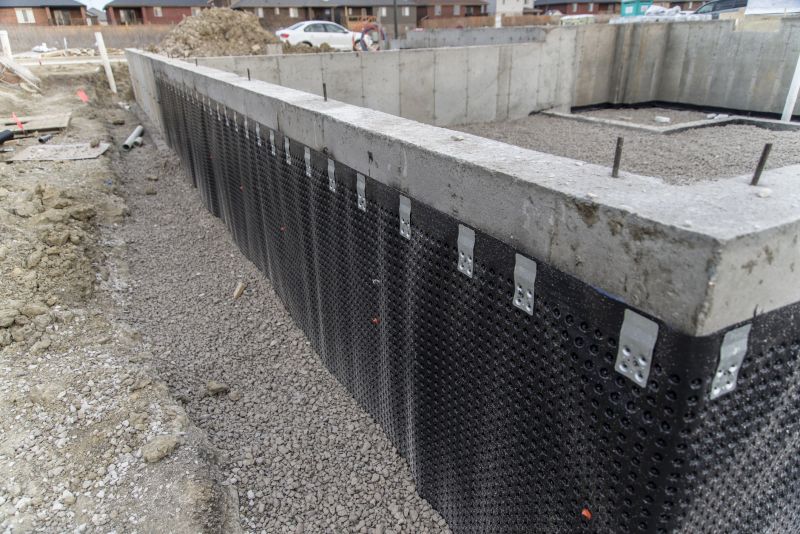
A frequent mistake in Waterproofings and how to dodge it.
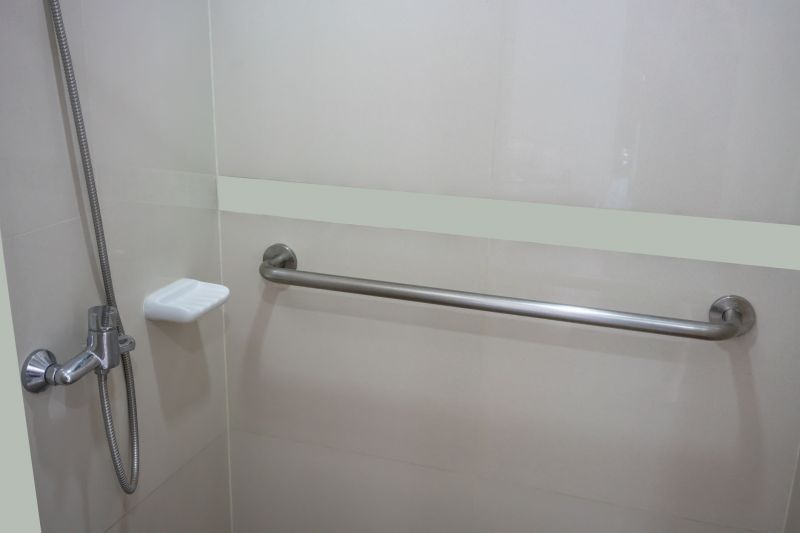
Small tweaks to make Waterproofings safer and easier to use.
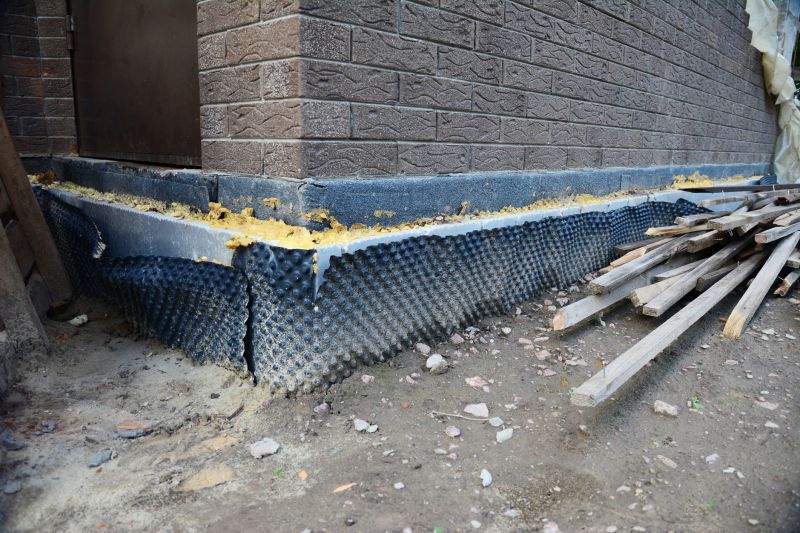
Lower-waste or water-saving choices for Waterproofings.
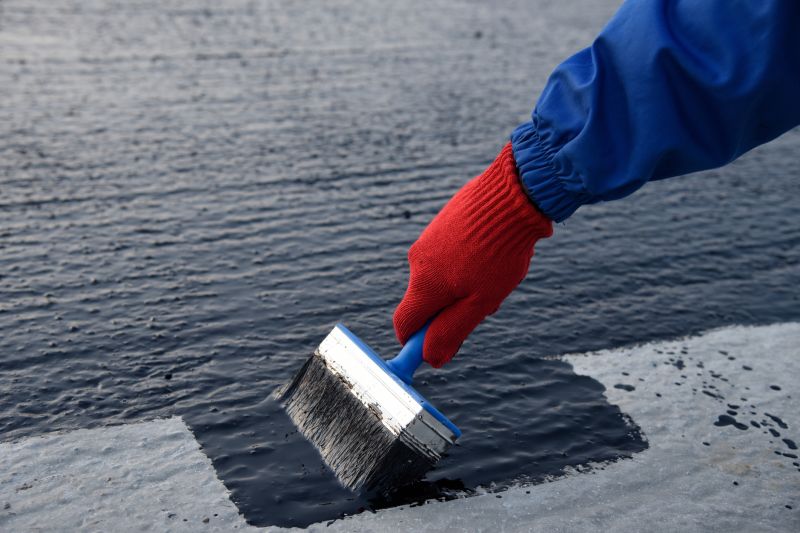
The short, realistic tool list for quality Waterproofings.
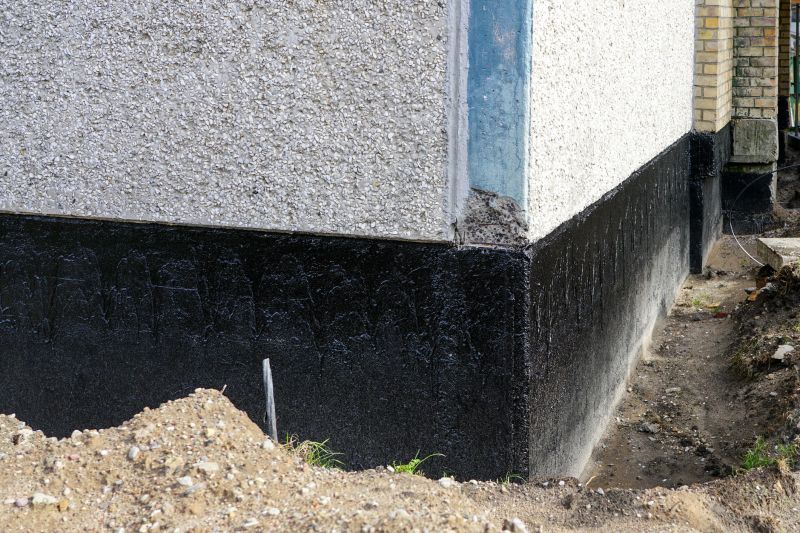
Rough timing from prep to clean-up for Waterproofings.
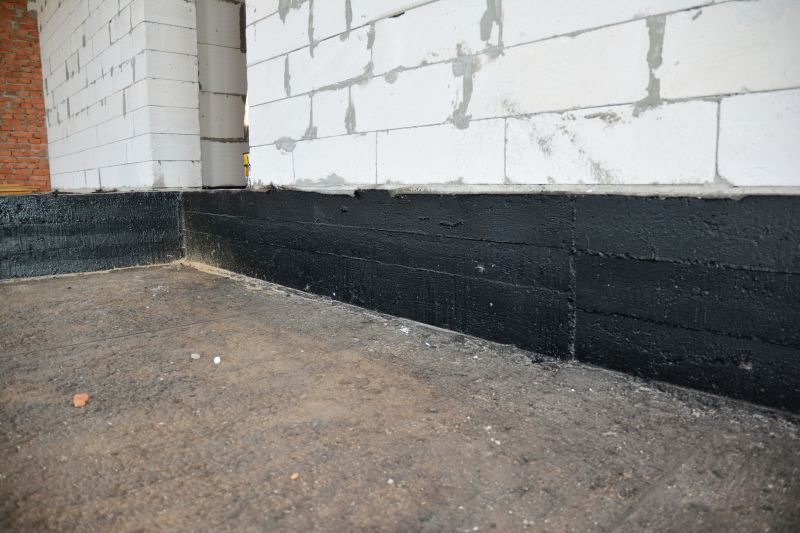
Quick checks and paperwork to keep after Waterproofings.
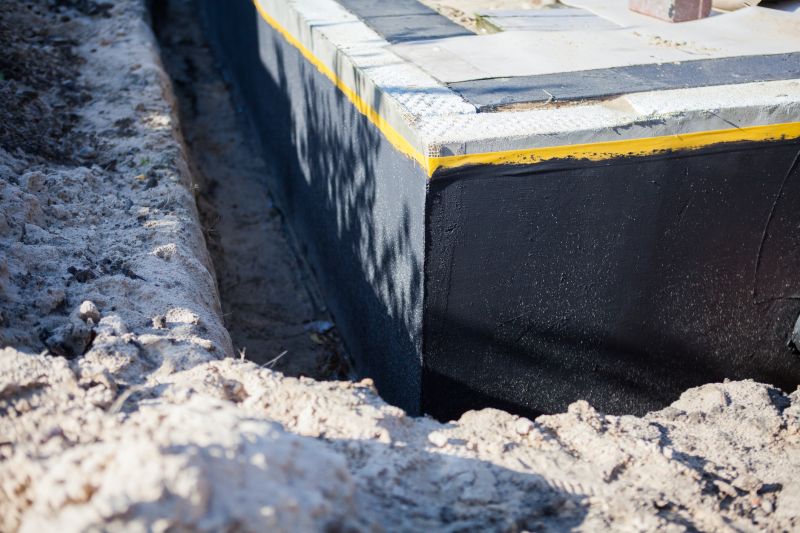
Examples that show the impact a good Waterproofings can make.
| Season | Ideal Conditions |
|---|---|
| Spring | Moderate temperatures, low rain |
| Summer | Warm temperatures, watch for high heat |
| Fall | Cool temperatures, low humidity |
| Winter | Freezing temperatures and moisture |
For those interested in waterproofing services, filling out the contact form provides an opportunity to discuss specific needs and scheduling options. Proper timing and application techniques are essential for ensuring long-lasting protection against water damage.

